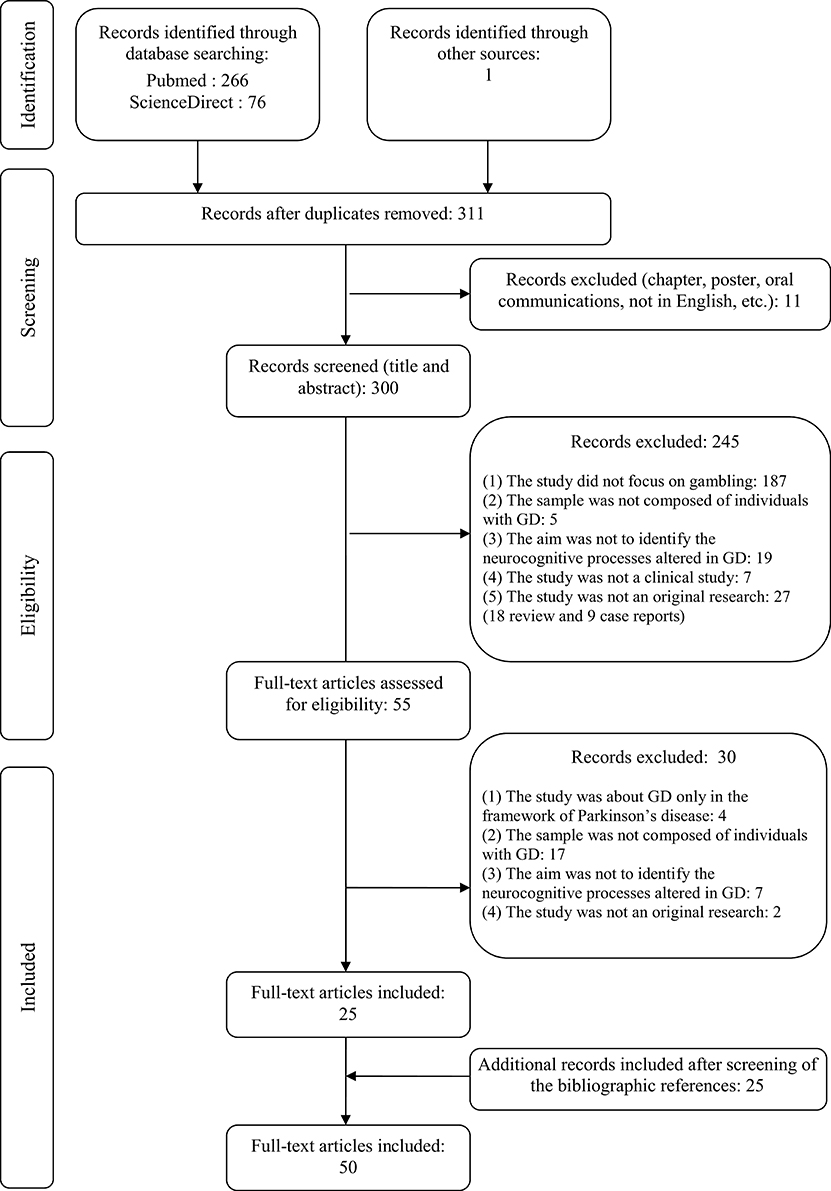Cbt For Problem Gambling
Posted By admin On 13/04/22CBT is a widespread treatment used to manage a variety of mental health conditions including addiction. “It works by empowering an individual by understanding their thoughts, feelings and beliefs that lead to their gambling behaviours. Concurrently, individuals develop strategies to help change their thought processes and decision making. This chapter addresses several difficulties in the application of cognitive behavioural therapy (CBT) to problem gambling (PG). For a variety of reasons, problem gambling clients may be unable to report their automatic thoughts about gambling. Techniques of assessment can encourage clients’ awareness of their thoughts and beliefs around gambling. Cognitive Behavioral Therapy (CBT): CBT addresses the self-defeating thoughts and behaviors that lead to problem gambling. The Indian Journal of Psychological Medicine notes that CBT is especially helpful at correcting the delusional thinking that characterizes compulsive gambling, such as the belief that one can win in spite of repeated.
OBJECTIVE: Clinicians lack adequate data on the effectiveness of treatment for pathological gambling in low- and middle-income countries. METHODS: We evaluated a manualized treatment program that included components of cognitive-behavioral therapy, motivational interviewing, and imaginal exposure in a sample of 128 participants diagnosed with pathological gambling. Our team recruited participants via the helpline of the National Responsible Gambling Program (NRGP) of South Africa between May 2011 and February 2012. Eligible participants, who met the DSM-IV-TR criteria for pathological gambling as assessed by the Structured Clinical Interview for Pathological Gambling (SCI-PG), were referred to practitioners who had been trained in the intervention technique. We then compared pre- and post-treatment scores obtained on the Yale-Brown Obsessive-Compulsive Scale Adapted for Pathological Gambling (PG-YBOCS), the primary outcome measure, and the Sheehan Disability Scale (SDS), the secondary outcome measure. RESULTS: Scores obtained on the PG-YBOCS and the SDS both decreased significantly from the first to the final session (t[127] = 23.74, P < .001, r = .9; t[127] = 19.23, P < .001, r = .86, respectively). CONCLUSIONS: The urges and disability symptoms related to pathological gambling were significantly reduced among participants completing treatment. These preliminary results hold promise for individuals with pathological gambling in South Africa and other low- and middle-income countries.

Pasche, S. C., Stein, D. J., Sinclair, H., Sinclair, H., Collins, P., Pretorius, A., & Grant, J. E. (January 01, 2013). The effectiveness of a cognitive-behavioral intervention for pathological gambling: A country-wide study. Annals of Clinical Psychiatry, 25, 4, 250-256.

Cbt For Problem Gambling Rules
Cbt For Problem Gambling Addiction
OBJECTIVE: Clinicians lack adequate data on the effectiveness of treatment for pathological gambling in low- and middle-income countries. METHODS: We evaluated a manualized treatment program that included components of cognitive-behavioral therapy, motivational interviewing, and imaginal exposure in a sample of 128 participants diagnosed with pathological gambling. Our team recruited participants via the helpline of the National Responsible Gambling Program (NRGP) of South Africa between May 2011 and February 2012. Eligible participants, who met the DSM-IV-TR criteria for pathological gambling as assessed by the Structured Clinical Interview for Pathological Gambling (SCI-PG), were referred to practitioners who had been trained in the intervention technique. We then compared pre- and post-treatment scores obtained on the Yale-Brown Obsessive-Compulsive Scale Adapted for Pathological Gambling (PG-YBOCS), the primary outcome measure, and the Sheehan Disability Scale (SDS), the secondary outcome measure. RESULTS: Scores obtained on the PG-YBOCS and the SDS both decreased significantly from the first to the final session (t[127] = 23.74, P < .001, r = .9; t[127] = 19.23, P < .001, r = .86, respectively). CONCLUSIONS: The urges and disability symptoms related to pathological gambling were significantly reduced among participants completing treatment. These preliminary results hold promise for individuals with pathological gambling in South Africa and other low- and middle-income countries.Cbt For Problem Gambling Winnings
Pasche, S. C., Stein, D. J., Sinclair, H., Sinclair, H., Collins, P., Pretorius, A., & Grant, J. E. (January 01, 2013). The effectiveness of a cognitive-behavioral intervention for pathological gambling: A country-wide study. Annals of Clinical Psychiatry, 25, 4, 250-256.